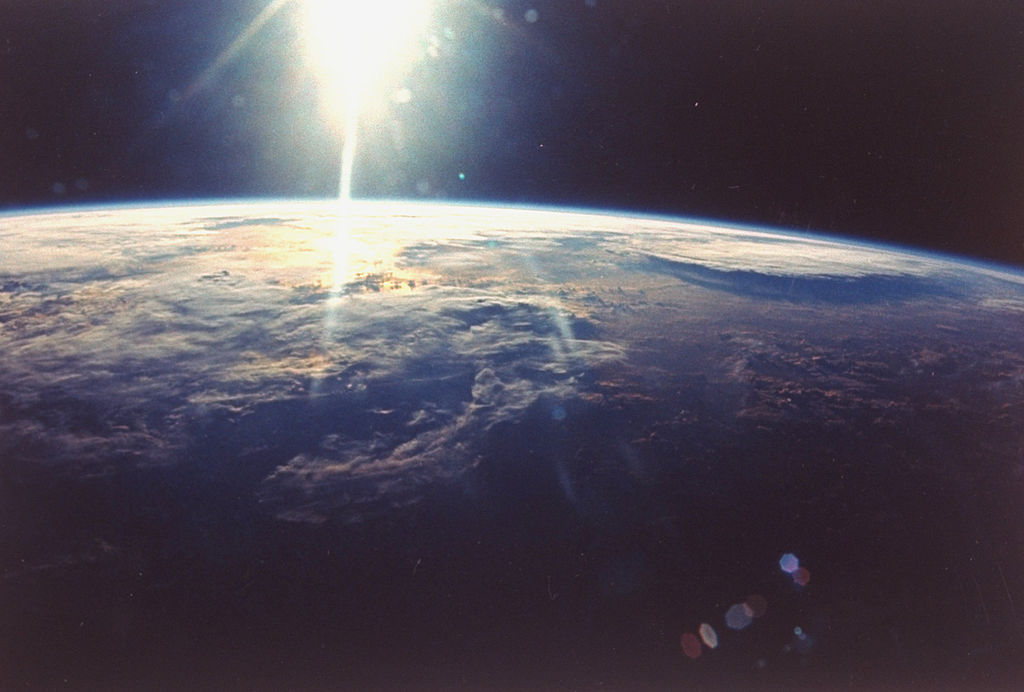One of the things that make New Year’s Eve so special is it only comes once every year — that is, if you’re celebrating on Earth.

Astronauts aboard the International Space Station, however, will celebrate the new year 16 times, as they orbit the Earth once every 90 minutes. That is, 16 sunsets and sunrises 250 miles (402.3 kilometres) above the Earth, according to a post published by NASA.
WATCH: International Space Station astronauts celebrate Christmas 402 kilometres above Earth

The six astronauts currently in the ISS, which include three U.S. astronauts, two Russian cosmonauts and a Japanese astronaut, will have the opportunity to chat with their families before taking New Year’s Day off.
On New Year’s Day, they will share a meal and plan for the year ahead. Last week, the crew of Expedition 54 celebrated NASA’s 18th Christmas in space.
Those currently aboard the ISS include NASA astronauts Joe Acaba, Mark Vande Hei and Scott Tingle, Russian Space Agency astronauts Anton Shkaplerov and Alexander Misurkin and Japan Aerospace Exploration Agency astronaut Norishige Kanai. Acaba, Vande Hei and Misurkin will come home in February 2018, while Tingle and Kanai and Shkaplerov will return to Earth in June 2018.
The scientists are currently conducting life science studies to help mission doctors keep astronauts healthier and stronger while living in outer space. Also, NASA is planning longer human missions beyond low-Earth orbit and learning how to keep crews self-sustainable.
In the final days of 2017, the crew of Expedition 54 will finish up the year’s work. Misurkin and Shkaplerov packed up the 67P full of trash — which will safely burn up over Earth’s atmosphere; Kanai will continue working on a study focusing on physical exertion in space; and flight engineer Tingle of NASA harvested plants for the Advanced Plants Experiment – 05 (APEX).














Comments